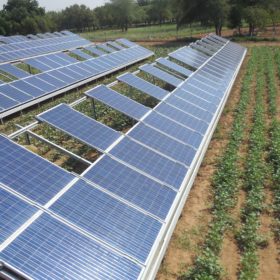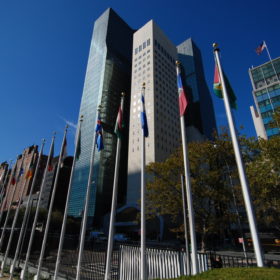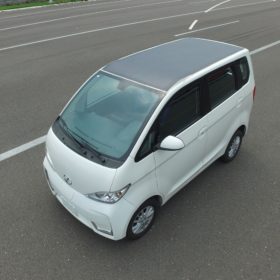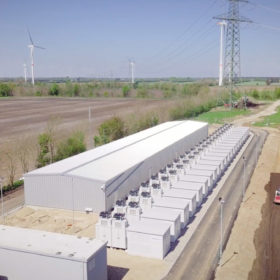Lithium batteries – 12 lakh tons ready for recycling by 2030
The recycling market will experience a tenfold expansion between last year and 2030, driven by EV battery usage and portable electronics. Retrieving valuable metals and minerals is becoming a high priority and several dozen companies are already in position for the first big wave of end-of-life batteries.
Goa to roll out 50 electric buses by March
The state bus company had originally sought central government funding for 250 vehicles but was given the green light for the smaller figure. A pre-bid meeting related to the tender is planned on Friday.
Is India ready for solar waste mountain?
Opinion is divided over the urgency of addressing the issue. While some developers feel the 25-year lifetime of modules offers plenty of time to prepare an action plan, other industry voices claim Indian-made products don’t last half that long and one recent report pointed out waste is already piling up thanks to defects and faulty installation.
Jodhpur agrivoltaic pilot project replicated
Research institutes have moved quickly to emulate the successes observed in a test installation at Jodhpur as India races to meet an ambitious target of doubling agricultural income by 2022.
India prepares to embrace agrivoltaics
Take-up has been slow considering the nation’s mammoth agricultural industry but, as a packed session on the topic at the recent REI show illustrated, attitudes may be changing in a nation which is already installing solar greenhouses.
India gifts solar rooftop to United Nations
The $1 million Gandhi Solar Park was an attempt to signal to the world India is committed to renewable energy. The 50 kW array features one panel for each UN member state.
Hanergy touts solar powered car that can run 30 days without charging
The Chinese thin-film manufacturer and compatriot carmaker Joylong Automobile applied thin film cells to the roof of a small commercial vehicle which was tested for a month. Hanergy says its K-Car could offer an effective daily range of 50-100km without charging.
Indian renewables leaders split over need for regulation
While some of the industry insiders gathered at REI 2019 have made predictable calls to be free of the restrictions imposed by regulators, others maintained policy support is crucial and audience members voiced concern about India’s lack of recycling rules.
Solar-plus-storage can boost investor confidence
A British study has found co-location of solar and storage may accelerate the deployment of profitable merchant renewable energy projects in the United Kingdom. The report predicts installed solar capacity in the U.K. could increase from around 13 GW next year to 19 GW in 2030 and 32 GW in 2040.
IRENA and the UN ink agreement in New Delhi to combat desertification with renewables
A memorandum of understanding signed by the institutions was not solar specific but the use of PV modules for shading, especially in agriculture, can reduce water consumption and help halt the expansion of deserts.















